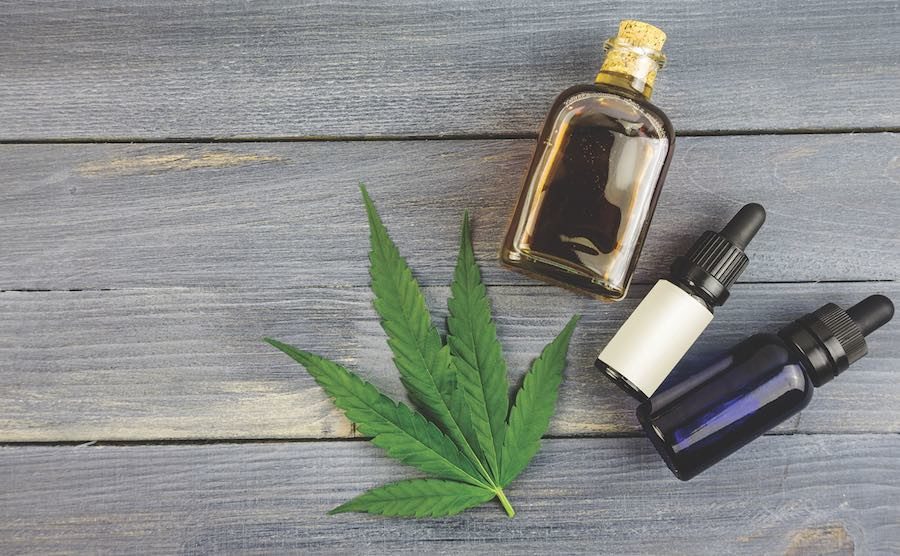As WholeFoodspreviously reported, NPA took issue with a proposed rule saying: “a cannabis derivative, extract, or product that exceeds the 0.3% D9-THC limit is a schedule I controlled substance, even if the plant from which it was derived contained 0.3% or less D9-THC on a dry weight basis.”
NPA explained that the extraction process that removes cannabinoids from hemp often causes a temporary increase in the concentration of THC. Incomments to the DEA, NPA said this extract is an intermediate step, and would not be sold to consumers in that state; the extract would be diluted to a compliant level. However, the association notes that if having the undiluted substance is illegal, it would make hemp processors perpetually non-compliant with DEA regulations. Placing these restrictions on U.S.-based hemp and CBD manufacturers, NPA argued, would increase the reliance on products manufactured in China, where they can be made more cheaply.
NPA praised the Senate Appropriations Committee for requesting that the USDA ease the rules. “This is a positive development and we are pleased to see that policymakers followed our lead so we can avoid the devastating impact the proposed rule would have on the domestic hemp and CBD industries,” said Daniel Fabricant, President and CEO of NPA, in a press release. “While other industries are looking to move away from a reliance on China, this proposed rule hurts American businesses. Rules like this one proposed further create an environment where our farmers, manufacturers, processors, and small businesses are at a competitive disadvantage to the Chinese.”










